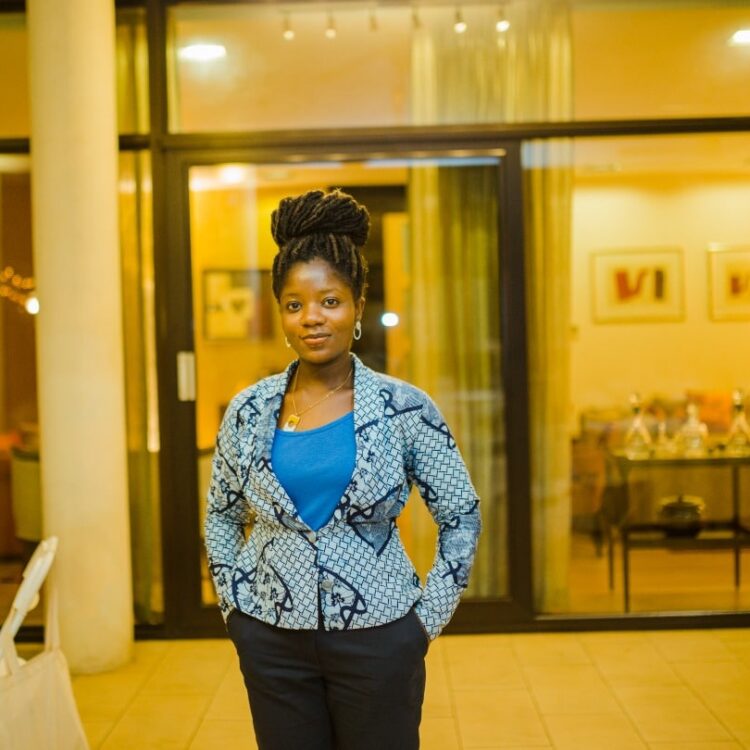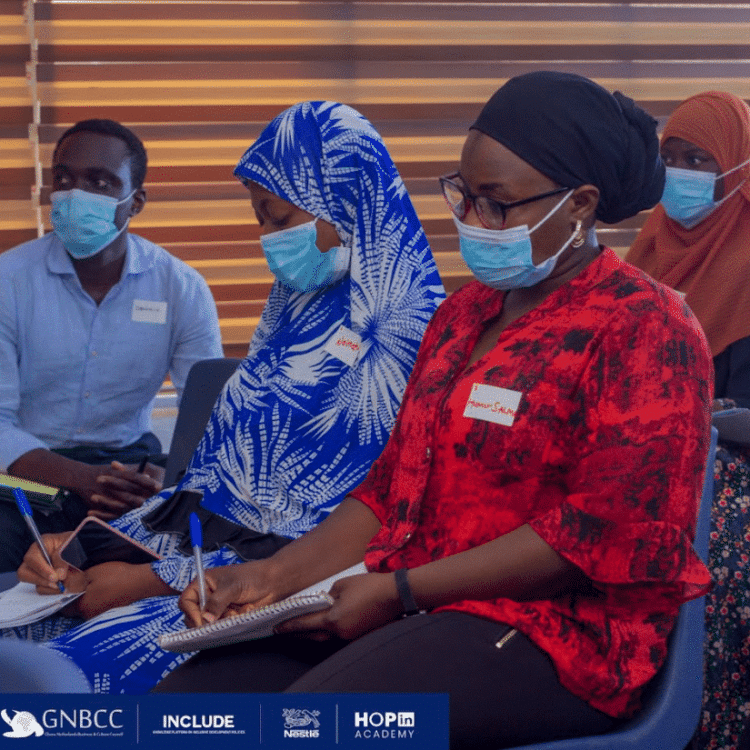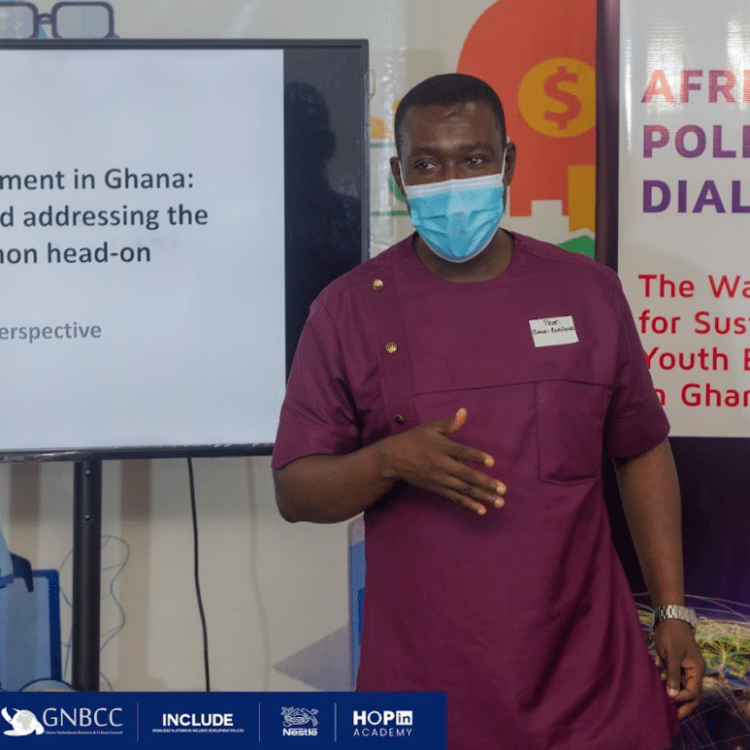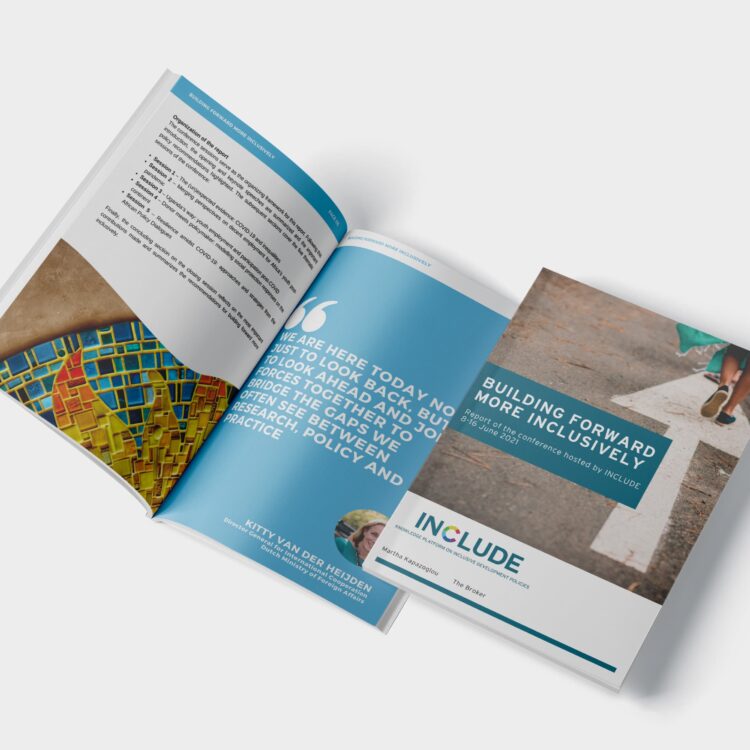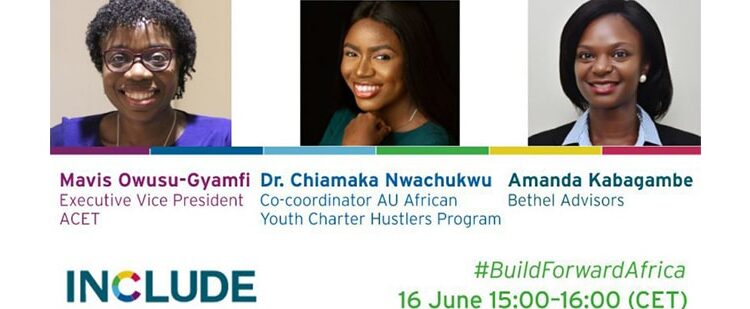
On 10 and 11 February 2015, INCLUDE participated in the Ghana Transformation Forum in Accra. This forum was jointly organized by the African Center for Economic Transformation (ACET) and the National Development Planning Commission (NDPC), the main advisory body on national development policies and strategies in Ghana. The forum brought together over 100 key representatives from government, private sector, academia and media to discuss the road towards Ghana’s economic transformation (see also http://acetforafrica.org/whats-new/). Leaders from Rwanda, Ethiopia, Mauritius and Kenya shared their transformation experiences and paved the way for in-depth discussions on six policy topics that are essential for Ghana’s economic transformation: energy, export promotion, labor-intensive light manufacturing, local content, skills development, and tourism. Also UNIDO Goodwill Ambassador Ms. Helen Hai, CEO of the Made in Africa Initiative, gave an inspiring talk on the establishment of the Huajian shoe factory in Ethiopia, which began exporting shoes to the United States in just three months and employed more than 3,000 Ethiopians after two years of operation.
The in-depth discussions were lively and brought important recommendations on economic transformation to the fore. These recommendations were discussed in the plenary and will be presented to Ghanaian government, to serve as a concrete agenda for policy dialogue. The in-depth discussions on the topics also highlighted some important questions that policy makers and practitioners have on the transformation discussion. The round table on exports, for example, focused on agricultural exports and emphasized the importance of improved farmer organization to capitalize on export opportunities. How to organize small holder farmers in such a way so they can benefit from export opportunities? What works, when and how? These questions are at the center of INCLUDE’s research project on value chains in cocoa, oil palm and food. The round table also suggested not to reinvent the wheel, but to learn from existing practices in Ghana’s cocoa and grain sectors.
In another round table the significance of skills development for economic transformation was discussed. Despite labor abundance, as economist Dr William Baah-Boateng (University of Ghana & International Institute for Advanced Studies) emphasized, less than 25% of the Ghanaian workers have the right skills to find a job in the formal sector. His appeal for action plans to improve skills was supported by representatives from industry. Dr William Baah-Boateng is involved in INCLUDE’s research project on the role and impact of trade unions and informal workers’ organisations in Ghana and Benin in promoting decent work for informal workers. Labour unions and informal sector worker organisations are considered key actors in the generation of decent and productive work for large sections of the Ghanaian population. How best to support these organizations so they can indeed play this role is a key question in this project. And with the urgent need to generate more productive employment in the informal sector, it is also important to critically assess do’s and don’ts to modernize this sector.
Presenters and participants alike stressed the importance of going into action. The time of “talk, talk, talk” should now be over and all partners in the development arena, regardless of their political background, should focus on the long term transformation scenario for Ghana.
